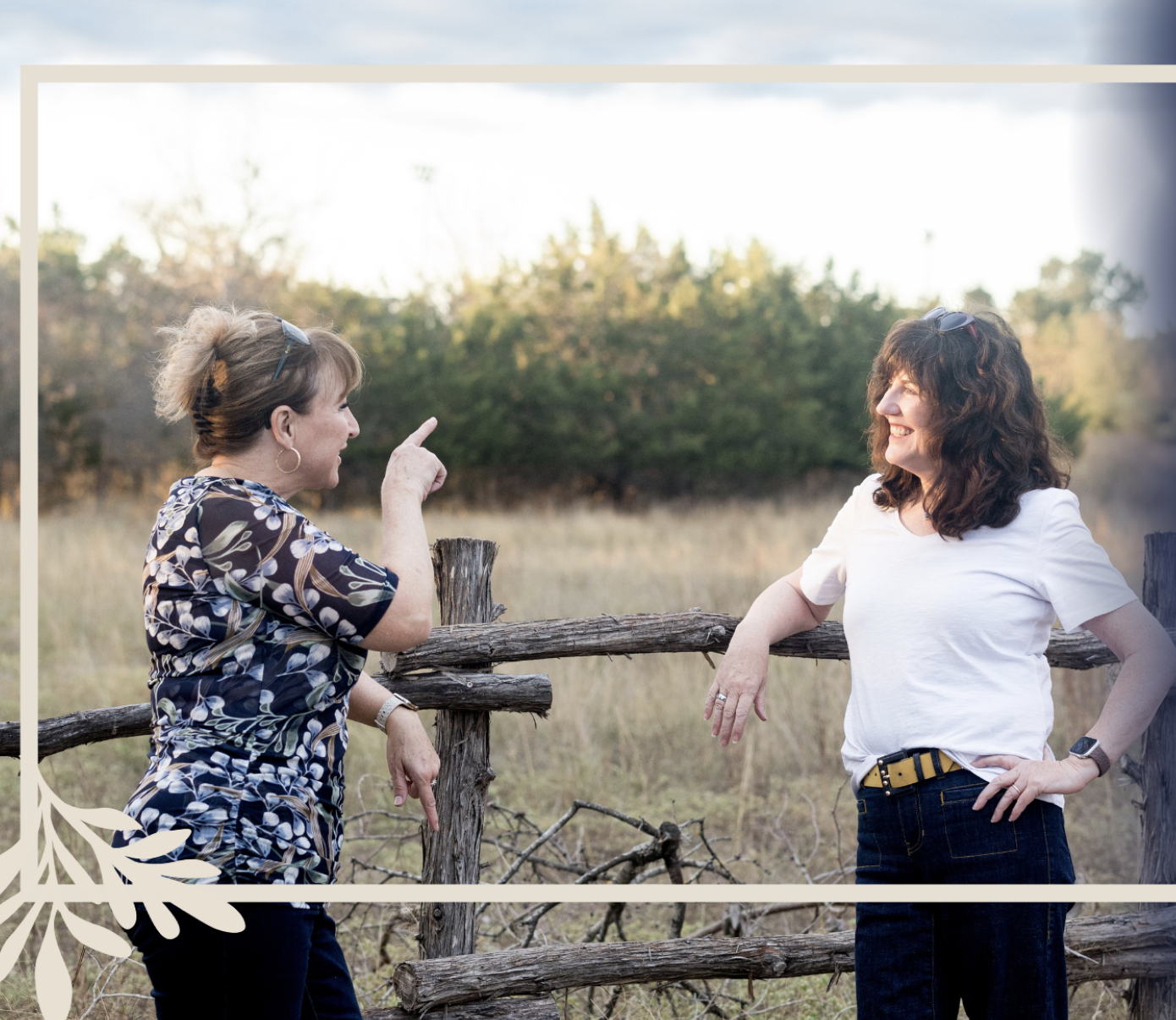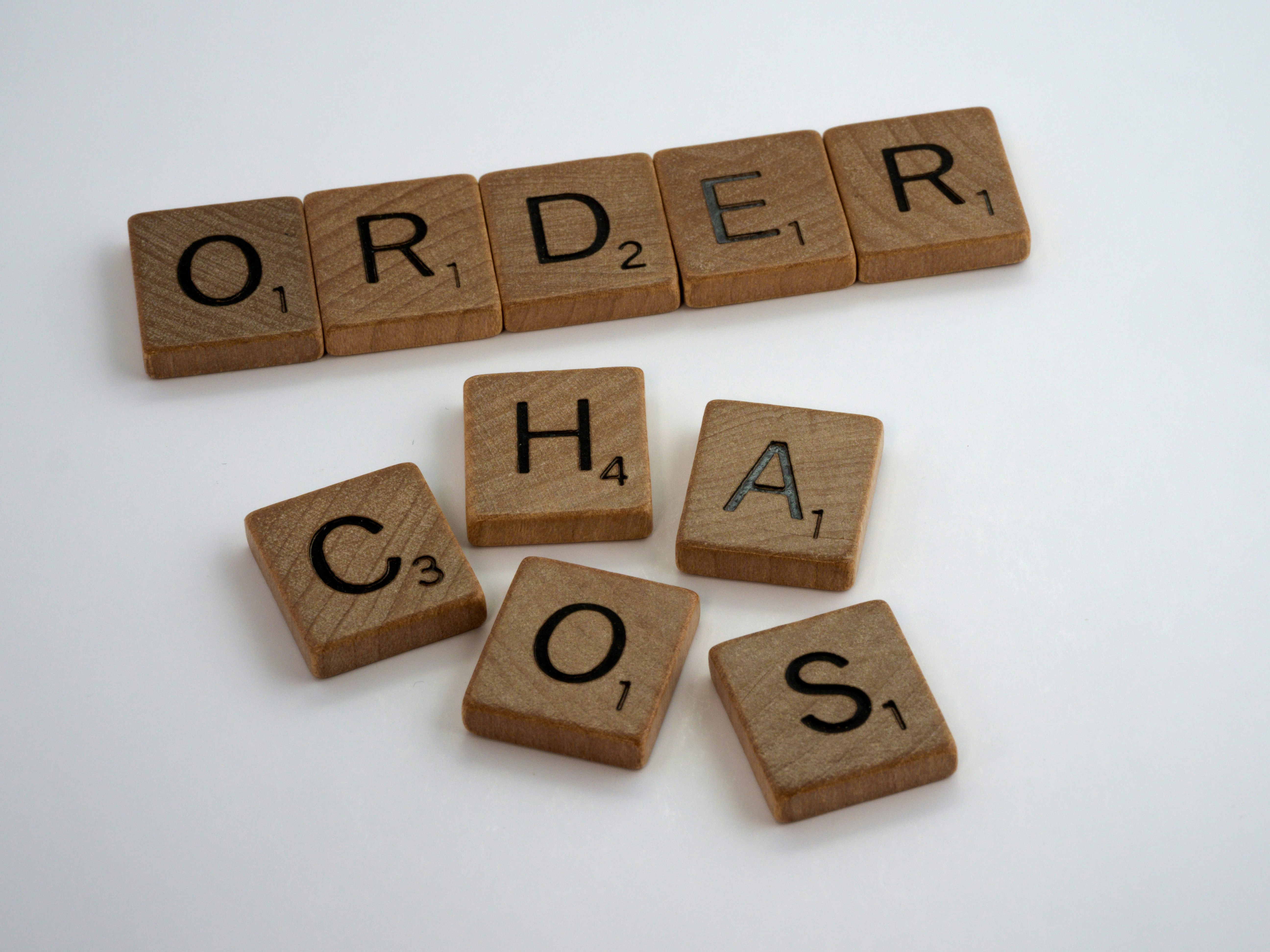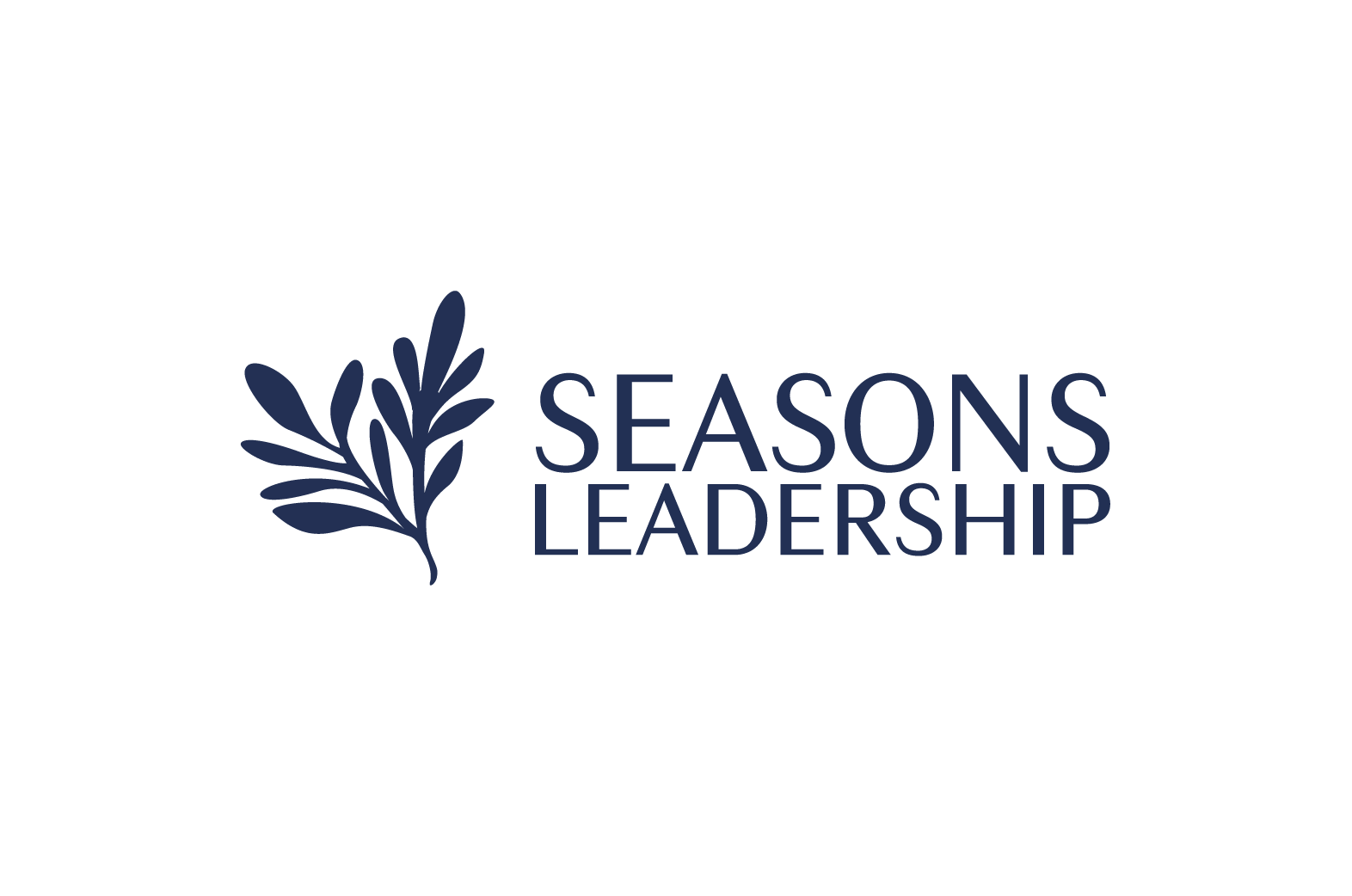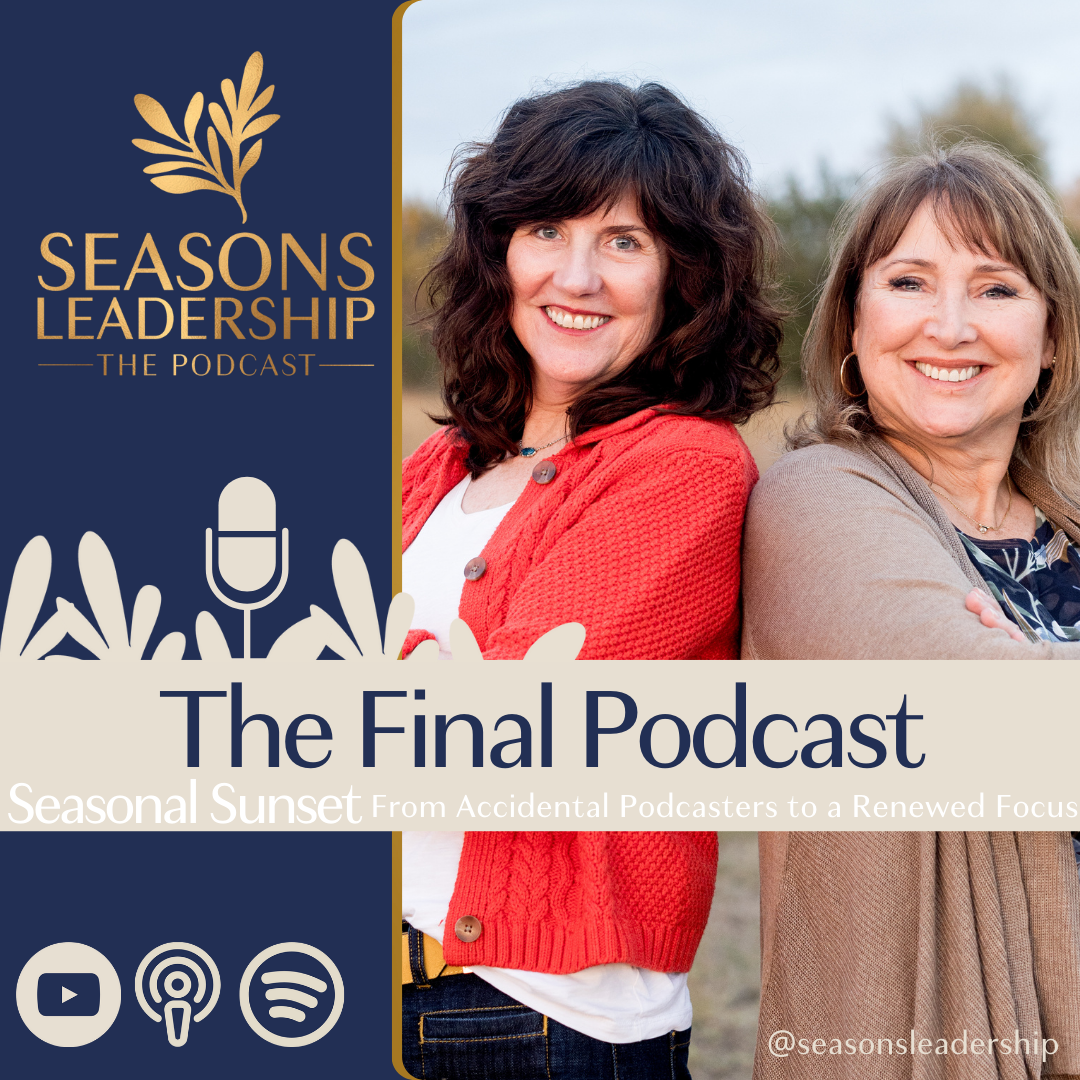Learn from Adam Reynolds, who has more than two decades of experience coaching individuals navigating conflict. Adam is principal owner at Adam Reynolds Leadership. Join Seasons Leadership Co-Founders Susan Ireland and Debbie Collard for part 2 of their discussion with Adam about conflict. Together they explore the different roles of the triangle of blame and strategies to successfully navigate conflict in each position – victim, offender and rescuer.
Show notes
(1:34) Debbie asks Adam about how he stays objective when coaching someone through conflict. Adam reveals his mindset (2:08) to help people have clarity on what they are seeking. He also talks about the importance of recognizing when you are in a pattern of blame. Adam affirms the powerful emotions that come with venting (3:52) but how people need to learn to move beyond that (4:35).
The group explores the victim power dynamic (6:30) and how resolution is possible (9:10). They turn back to the allure of being the rescuer (10:15) and Susan points out that it is easier to be objective in a business context then in your own family (10:40). Adam gives tips on how to be more neutral (11:45) but he and Susan circle back to the emotions that come into play (12:52) and Adam asserts that the more you are part of the result that can be created the more it matters to you (13:22).
(13:49) Debbie asks how do you move out of the rescuer role? Adam talks about the process of getting out, (16:10) examining from a position of wanting power and ultimately taking responsibility (18:13) as key. Adam shares (18:50) that it is easy to give people advice on what to do when you don't need to do it and that the best thing is to go towards the conflict (20:52). The group agrees that the trigger for the start of the triangle is the victim role (24:12) and that they have the power to circumvent a lot of bad energy (26:14) by taking responsibility first.
The offender role in the triangle also is addressed (28:15) and Adam gives advice on moving into curiosity. Adam shares his bigger belief (31:15) that victims being right does not get them power. This is where, Adam asserts, the controversy lies (31:35). The leaders then discuss how to practically employ conflict resolution (33:00) and Adam shares final thoughts on conflict resolution as a practice one must be attentive to (34:05). Next, Susan and Debbie (36:00) break down learnings from the 2-part discussion with Adam.
Listen to part 1: Finding Your Power in Conflict with Adam Reynolds - Seasons Leadership Podcast
Most Recent episodes
See AllSeason
6
| Episode
Seasonal Sunset: From Accidental Podcasters to a Renewed Focus
9.3.25
|
16
In their final episode, hosts Susan Ireland and Debbie Collard announce the close of the Seasons Leadership Podcast after 112 episodes...
Read MoreSeason
6
| Episode
Leading Quality: A Leadership Mindset
6.18.25
|
33
In this insightful and practical episode, Susan and Debbie explore what it really means to lead with a quality mindset. Quality isn’t jus...
Read MoreSeason
6
| Episode
It Feels Like Magic – Creating a Leadership & Management System That Works
5.21.25
|
25
In this energizing and practical episode, Susan and Debbie introduce a powerful leadership tool they call the Leadership and Management S...
Read MoreMost Recent Episodes
See All

Leading Quality Starts with You
Defining quality can seem elusive—until you experience it. I know it when I see it. Or hear it. Or ride in it. It’s that unmistakable sense of excellence when all the elements come together just right.
Read More

Successful Leaders Have a System
What is leadership, really? The difference between Leadership and Management – and why both are necessary. At its core, we define leadership as the ability to inspire and motivate people to action. But excellent leadership takes it further. It’s not just about doing—it’s a way of being, doing, and serving that in a way that contributes to the greater good.
Read More

A Strong Network Drives Better Results
Have you ever felt stuck or frustrated trying to get what you want—whether it’s a promotion, a new job, or a solution to a tough problem? Of course, you have. We all hit those walls from time to time. And if you're in a leadership role, those challenges can feel like a daily—or even hourly—occurrence.
Read More








